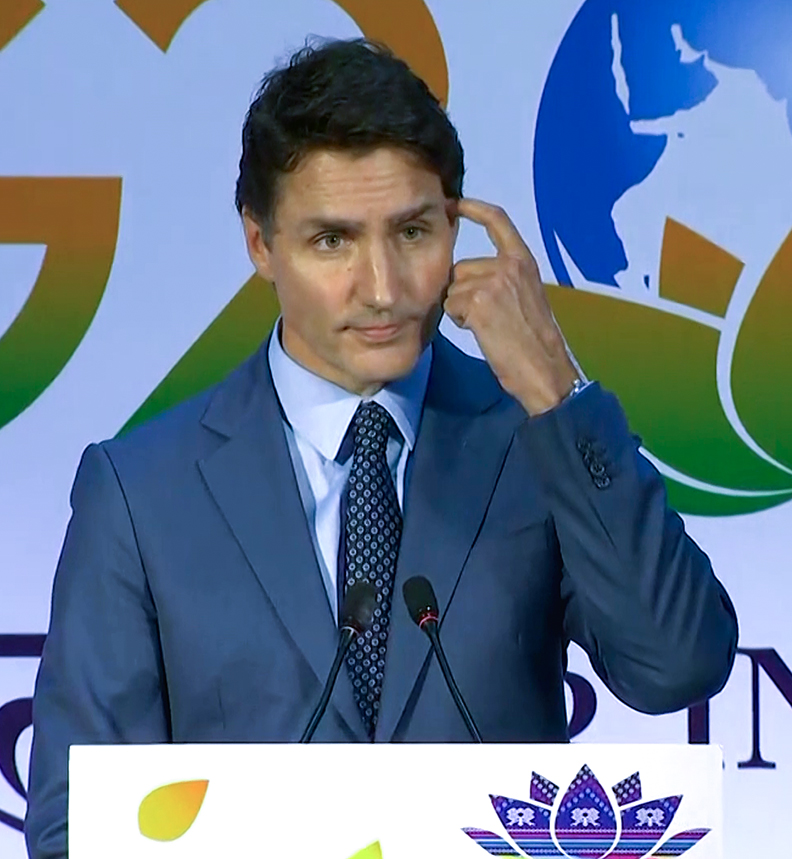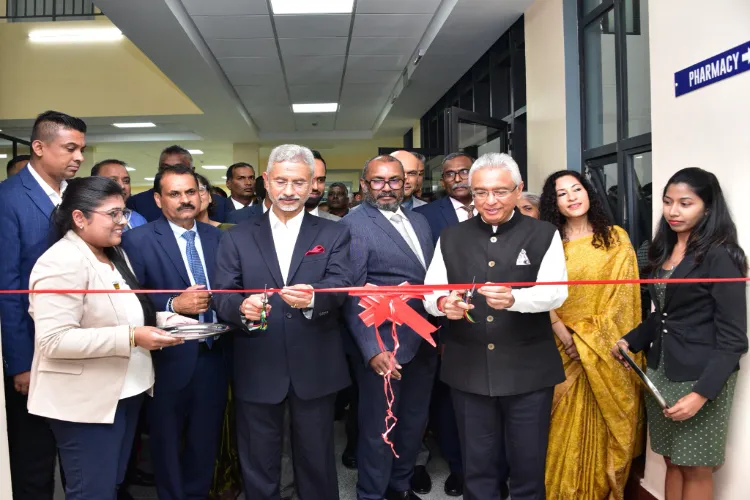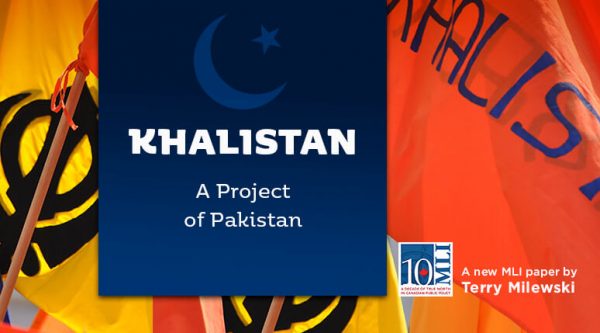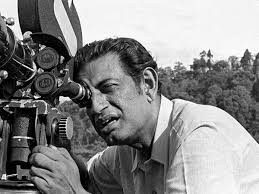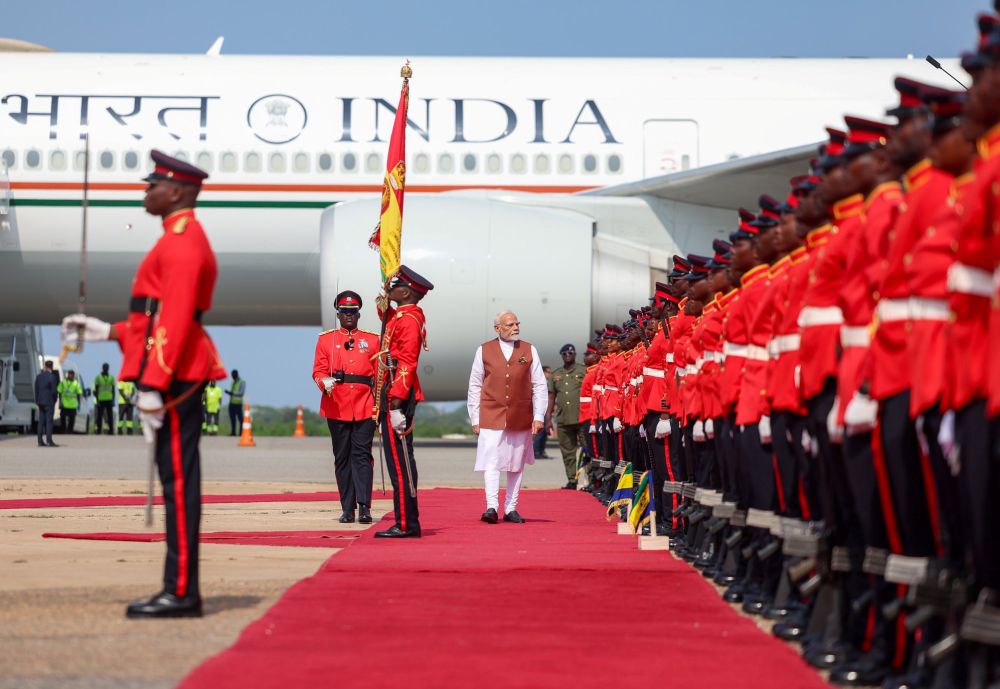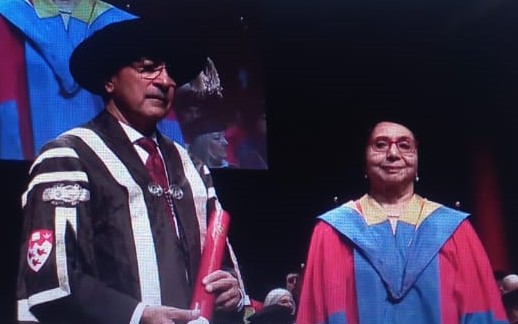Our Bureau
Ottawa
The Canadian government has ended the Student Direct Stream (SDS) programme for international students which helped to streamline the process for study application, a move that is likely to impact lakhs of prospective students who were planning to come to the country.
The Student Direct Stream (SDS) was a popular international student program that applied to students from India, China, Pakistan, Brazil, Senegal and several others. The program, however, was abruptly ended at 2 PM on November 8 (local time).
Additionally, the Nigeria Student Express (NSE) for Nigerian students has also been ended. The applications received before the deadline will be processed under SDS and NSE.
“The Student Direct Stream (SDS) was launched in 2018 to provide faster processing for eligible post-secondary students. The SDS was eventually opened to legal residents of Antigua and Barbuda, Brazil, China, Colombia, Costa Rica, India, Morocco, Pakistan, Peru, Philippines, Senegal, St. Vincent and the Grenadines, Trinidad and Tobago, and Vietnam,” said a statement by the Immigration, Refugees and Citizenship Canada (IRCC).
The government has said that it is “committed to giving all international students equal and fair access to the application process for study permits.”
“Canada’s goal is to strengthen program integrity, address student vulnerability, and give all students equal and fair access to the application process, as well as a positive academic experience,” the statement by IRCC added.
Following this development, future applicants will be required to go through Canada’s regular study permit processes, which will require a Provincial Attestation Letter (PAL) or a Territorial Attestation Letter (TAL) to study at designated learning institutions (DLIs) in the country.
The IRCC claims that this change will not “adversely affect” international students.
Notably, this move comes amid the rising diplomatic tensions between Canada and India.
Canada has alleged India’s role behind the killing of India-designated Khalistani terrorist, Hardeep Singh Nijjar, a charge New Delhi has strongly denied, terming it “absurd” and “motivated.”
Further, Ottawa named Indian High Commissioner in Canada, Sanjay Verma and five other diplomats as ‘persons of interest’ in the case. India raised strong objection to the matter and recalled all six diplomats.
Recently, External Affairs Minister S Jaishankar criticized Canada for giving space and legitimacy to “extremism, separatism, and advocates of violence” in the name of free speech.

















